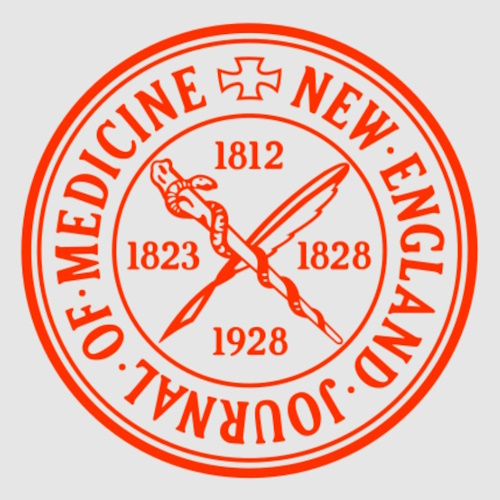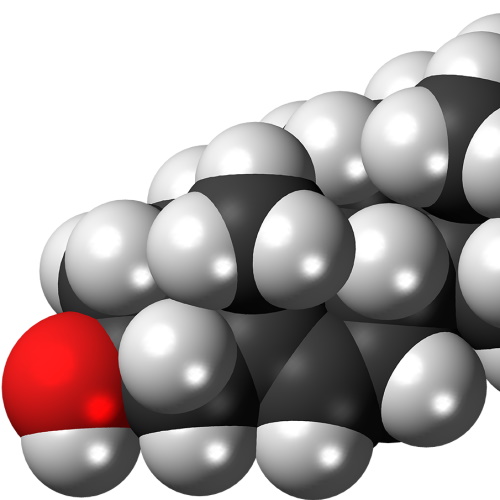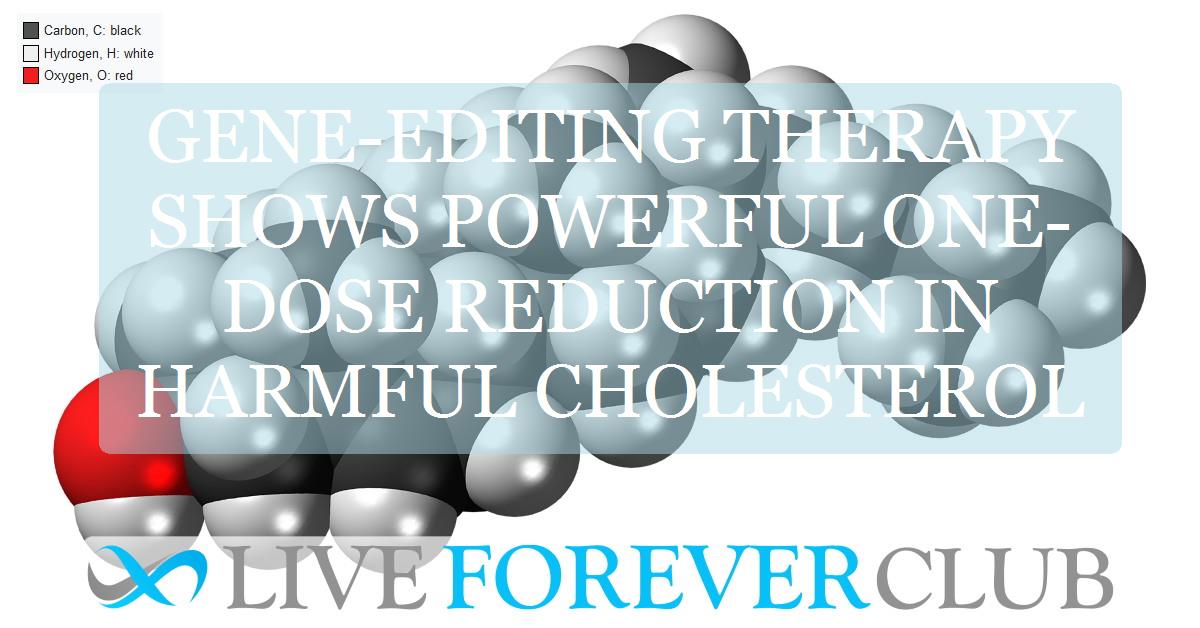Key points from article :
A team led by Dr Steven Nissen of the Cleveland Clinic has reported early but striking results from a first-in-human trial of a gene-editing therapy designed to dramatically lower harmful cholesterol. The study, published in The New England Journal of Medicine, tested a CRISPR-based drug that switches off a liver gene called ANGPTL3, which plays a role in regulating levels of LDL (“bad” cholesterol) and triglycerides. By editing this gene, researchers aimed to give patients a long-lasting reduction in two major drivers of heart disease.
The trial enrolled 15 adults in Australia, New Zealand, and the UK, all in their 50s or 60s, whose cholesterol remained high despite conventional lifelong medication. At the highest dose, a single infusion cut both LDL and triglycerides by about 50%, with levels starting to fall within two weeks and staying low for at least 60 days. Scientists highlighted that no current treatment can lower both fats to this degree with one intervention.
Although the study was small, the results were encouraging. Only three participants experienced mild, temporary side effects such as nausea or elevated liver enzymes. According to co-lead researcher Dr Luke Laffin, the therapy could one day offer a “one-and-done” alternative to daily pills or repeated injections—potentially transforming care for people with stubbornly high cholesterol and reducing the risk of heart attack and stroke.








